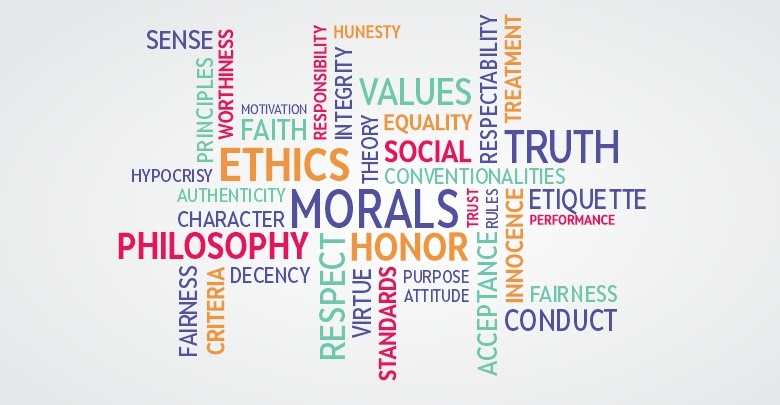Being civically engaged
Being civically engaged
-

Nationalism vs Globalism
The first part of the discussion answered the question “What is happening now?” WE HAVE LOST OUR STORY – Harari claims. He continuous: “People tend to think in stories. In the last 30-40 years we had a story that said that all we have to do is to just globalize the economy and liberate the politics and humanity will reach…
Read More » -

Altered states of mind for better awareness
We are more isolated and alone than ever in an unpredictable world. We can do only two things: thrive or survive. The mind is the most powerful tool that we have. Understanding better our mind and the different wave frequencies will make us more able to go in our desired direction. Accessing altered states of mind creates intuitive guidance, it…
Read More » -

Get back to your true nature (video) – Dr. Gabor Mate
In this video, Dr. Gabor Maté gives a beautiful speech on human nature and the implications culture has on our ability to maintain it. In this segment of the speech, he discusses four different categories of self-alienation, and provides a sentiment of hope to stay in touch with our true nature as we move forward through the challenging times of…
Read More » -

Policies during the “Corona” crisis – Totalitarian surveillance or citizen empowerment?
COVID – 19, also known as Coronavirus, has been THE global crisis of our generation. You too have probably been in self-isolation and #stayhome hashtag has been on your TV or social media screen for months. Governments all over the world have taken measures and adopted policies that in “normal” times would take years to be adopted. Probably, one of…
Read More » -
Learning Diary
Being an active citizen is one of the priorities of every society. Active citizenship leads to a better, integrated and inclusive society. European Union is making big efforts to encourage and enhance youth proactive citizens. However, In 2015, 11.9% of the adult population in the European Union (EU) said they were active citizens, meaning that they had attended meetings, signed…
Read More » -

Simulation of British Parliament Election
The pillars of Modern Democratic rules are: Citizen participation, equality, political tolerance, accountability, transparency, regular, free and fair elections, economic freedom, control of the abuse of power, bill of rights, a culture of accepting the results of elections, Human rights, multi-party system, neutrality of state institutions, Rule of law.[1] Quality and effective regular, free and fair elections consist of two…
Read More » -

Forum theatre
“A morally and civically responsible individual recognizes himself or herself as a member of a larger social fabric and therefore considers social problems to be at least partly his or her own; such an individual is willing to see the moral and civic dimensions of issues, to make and justify informed moral and civic judgments, and to take action when…
Read More » -

Albatros culture
Critical thinking is that mode of thinking – about any subject, content, or problem — in which the thinker improves the quality of his or her thinking by skillfully taking charge of the structures inherent in thinking and imposing intellectual standards upon them. (Paul and Elder, 2001). Youth that has a higher level of critical thinking are potential youth activities…
Read More » -

Who is the most important person in your life?
Self-reflection and self-evaluation of the values are one of the most important things in life. Self-reflection is like looking into a mirror and describing what you see, but not only outside, also inside. Questioning own beliefs and values enables to question further extended manifestations of values in our everyday life, such as local policies, local government decisions, national policies, and…
Read More » -

Understanding diversity and identity
TALKING ABOUT IDENTITY Start the topic by opening the question of Identity. Who am I? What am I? Identity is like culture, there are many aspects to it, some hidden some visible. One way of looking at this could be to imagine yourself as an onion (even if you don’t like to eat them). Each layer corresponds to a different…
Read More »